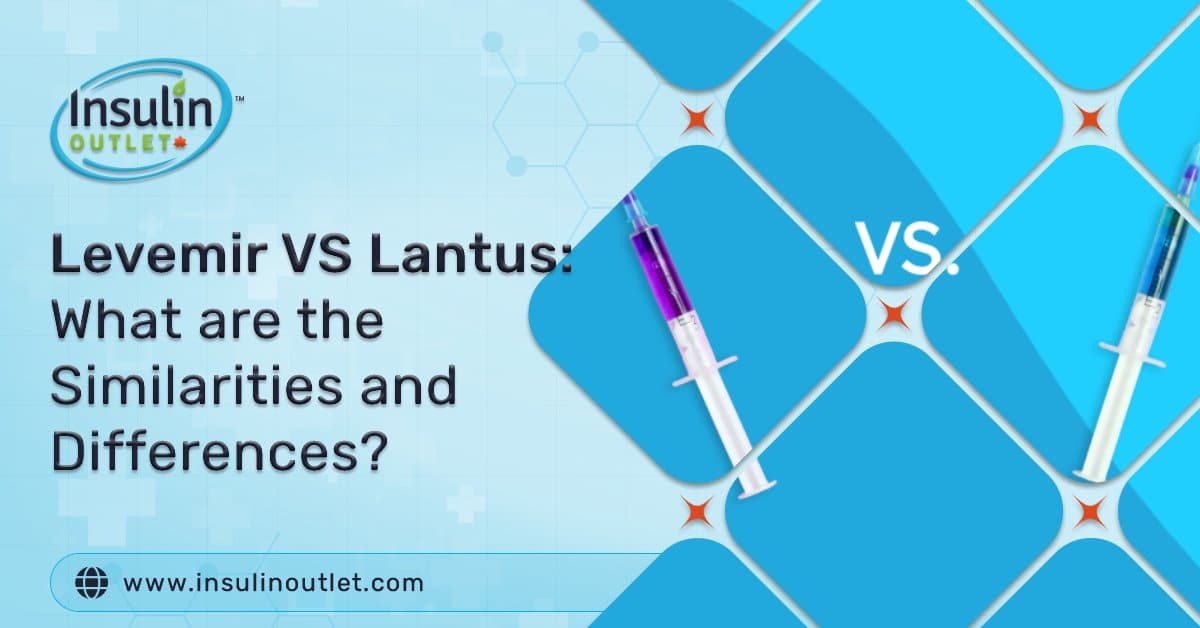
Ozempic is a medication primarily used to treat type 2 diabetes and aid in weight loss. However, concerns have been raised regarding its potential to cause hair loss. While some social media users have reported experiencing hair loss after taking Ozempic, experts believe that the underlying cause may be related to other factors such as rapid weight loss rather than the drug itself.
Let’s explore the relationship between Ozempic and hair loss, shedding light on the scientific evidence and expert opinions surrounding this topic.
Table Of Contents
Toggle- What Is Ozempic and How Does It Work?
- Ozempic Pens (Semaglutide)
- Ozempic (Semaglutide) Injection
- Side Effects of Ozempic
- Ozempic and Hair Loss
- The Role of Weight Loss in Ozempic Hair Loss
- How Common Is Hair Loss From Taking Ozempic?
- Other Factors Contributing to Hair Loss
- Hair Loss From Ozempic – What Should You Do?
- The Bottom Line
What Is Ozempic and How Does It Work?
Ozempic is a prescription medication primarily used for the treatment of type 2 diabetes. It belongs to a class of drugs called glucagon-like peptide-1 (GLP-1) receptor agonists.
Ozempic works by stimulating insulin secretion in a glucose-dependent manner, which helps lower fasting and postprandial blood glucose levels. It binds to and activates GLP-1 receptors, mimicking the effects of the natural hormone GLP-1. This helps regulate blood sugar levels and can lead to improved glycemic control in individuals with type 2 diabetes.
It is typically taken once a week and has gained recognition for its weight loss effects, although weight loss is not its primary objective.
Side Effects of Ozempic
The most common side effects of Ozempic include nausea, diarrhea, stomach (abdominal) pain, and vomiting. Other potential side effects that have been reported include inflammation of the pancreas (pancreatitis), bleeding, blistering, burning, coldness, discoloration of the skin, feeling of pressure, hives, infection, inflammation, itching, lumps, numbness, pain, and rash.
It is important to talk to your healthcare provider about any side effects you may be experiencing or any concerns you have. They can provide personalized advice and guidance based on your specific situation.
Ozempic and Hair Loss
According to clinical trials, hair loss occurred in 3% of individuals taking Wegovy, a type 2 diabetes drug similar to Ozempic. However, hair loss is not listed as a side effect of Ozempic specifically. This suggests that Ozempic may not directly cause hair loss, but rather the observed hair loss may be attributed to underlying conditions or factors associated with weight loss.
The Role of Weight Loss in Ozempic Hair Loss
Rapid weight loss has long been associated with hair loss. When the body undergoes significant changes, such as a sudden and substantial reduction in weight, it can trigger a condition known as telogen effluvium. Telogen effluvium is a common form of hair loss characterized by the shedding of resting hair follicles.
As Ozempic and similar drugs are primarily prescribed to promote weight loss, it is plausible that the observed hair loss is a result of rapid weight reduction rather than the direct action of the medication.
How Common Is Hair Loss From Taking Ozempic?
Hair loss from taking Ozempic is not very common. Studies have shown that hair loss occurs in less than 5% of people who take Ozempic. It is important to note that hair loss is not a direct side effect of Ozempic or other forms of semaglutide. Instead, it is more likely due to the stress of rapid weight loss, which can cause temporary shedding of hair.
Most people will experience regrowth of their hair once their weight stabilizes. If experiencing hair loss or any other side effects while taking Ozempic, it is recommended to consult with a healthcare provider for guidance.
Other Factors Contributing to Hair Loss
In addition to rapid weight loss, there are several other factors that can contribute to hair loss, independent of Ozempic or any medication. Illnesses such as thyroid disorders, autoimmune conditions, and nutritional deficiencies can all have an impact on the health of your hair. Similarly, undergoing surgery or experiencing a traumatic event can trigger a temporary shedding of hair.
Additionally, hormonal shifts, such as those that occur during pregnancy or menopause, can also lead to hair loss. It is essential to consider these factors and consult with a healthcare professional if you are experiencing hair loss while taking Ozempic or any other medication. They will be able to evaluate your individual case and provide appropriate guidance and treatment options. It is crucial to prioritize your overall well-being and address any concerns promptly to ensure the best possible outcomes.
Hair Loss From Ozempic – What Should You Do?
If you experience hair loss while taking Ozempic, it is important to take certain steps to address the issue. Here’s what you should do:
- Consult a healthcare provider: Reach out to your healthcare provider, such as a dermatologist, who can evaluate your condition and determine the cause of your hair loss. They will be able to provide expert guidance and recommend appropriate treatments.
- Discuss medication usage: Inform your healthcare provider about your use of Ozempic and any other medications you may be taking. This will help them assess whether the hair loss is linked to Ozempic or any other factors.
- Consider underlying conditions: Hair loss may be attributed to underlying conditions or factors associated with weight loss rather than Ozempic directly. Your healthcare provider will explore potential causes such as alopecia areata or telogen effluvium.
- Explore treatment options: Depending on the cause of your hair loss, your healthcare provider may recommend various treatment options. These can include platelet-rich plasma (PRP) injections, prescription medications, or other interventions tailored to your specific condition.
- Practice good hair care habits: In the meantime, it’s important to take care of your hair and scalp. Use gentle cleansing products, avoid excessive heat and tugging, and maintain a healthy diet to support hair growth.
Remember, hair loss associated with Ozempic or weight loss is often temporary and reversible. By consulting a healthcare professional and following their guidance, you can address the issue effectively and ensure your overall well-being.
The Bottom Line
The question of whether Ozempic causes hair loss remains a topic of debate. While some users have reported experiencing hair loss after taking Ozempic, scientific evidence suggests that the observed hair loss is more likely a result of rapid weight loss rather than a direct side effect of the medication.
It is crucial to consult healthcare professionals and follow proper medication usage guidelines to minimize potential side effects. Ultimately, further research is warranted to better understand the relationship between Ozempic, weight loss, and hair loss, ensuring the safety and well-being of individuals using this medication.
Share:












